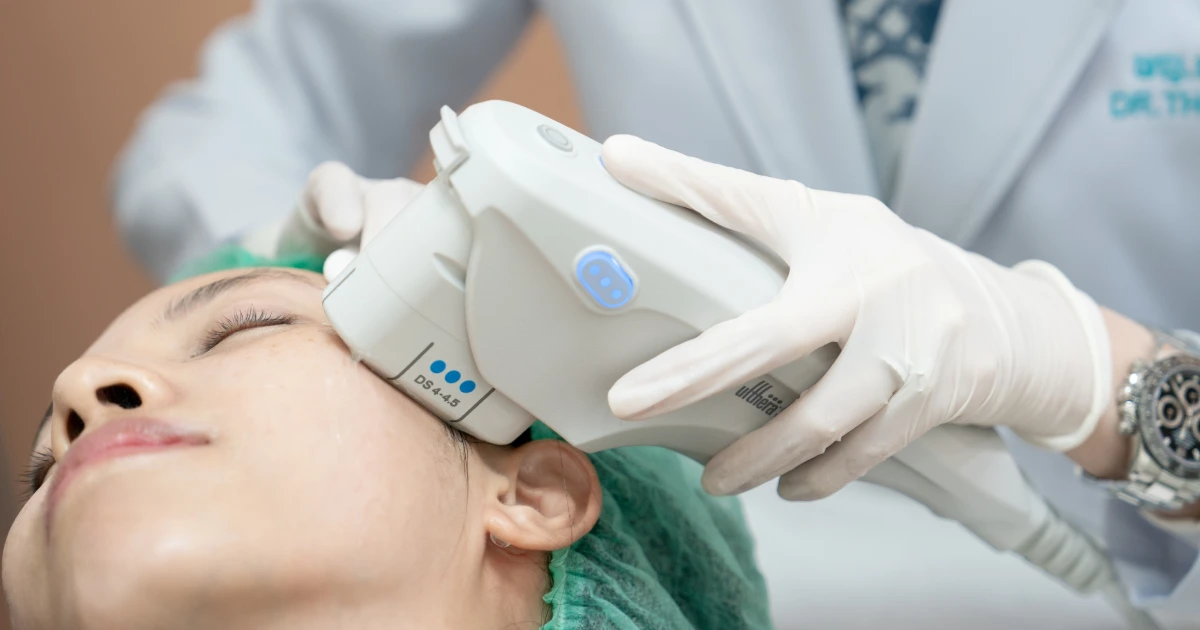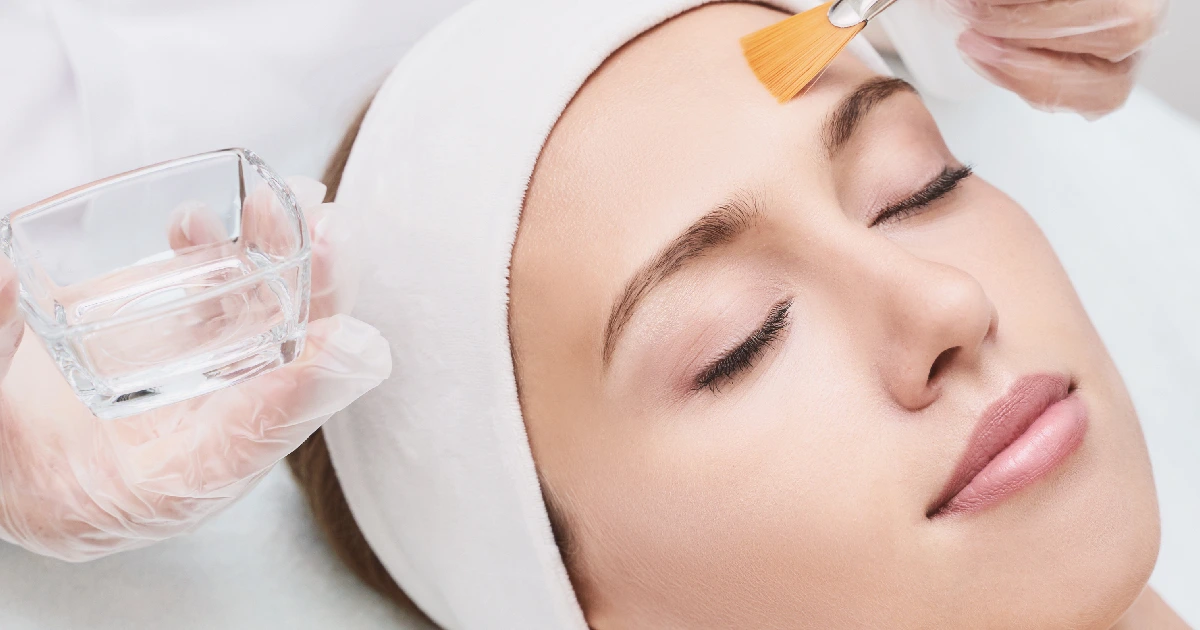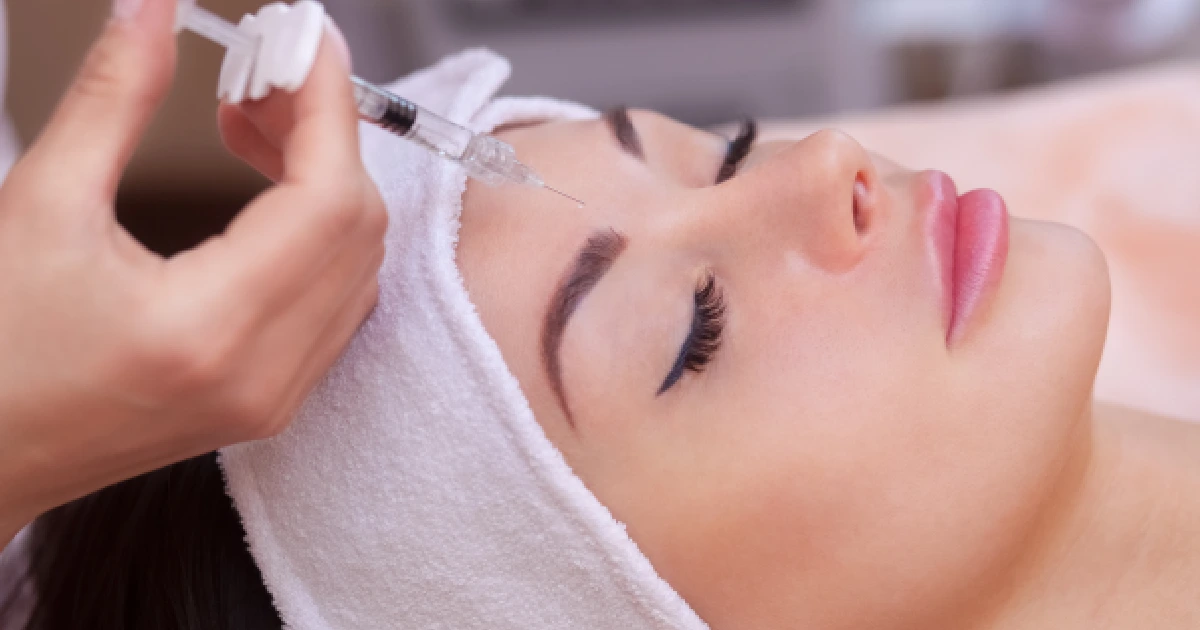You’ve heard that health is the key to a good sex life. But what does that mean? How do we go about fostering our well-being? Well, it all comes down to knowing what makes us feel great and happy inside—and then taking steps to implement those things in our daily lives.
How to Improve Sexual Health
Nurture Your Mind, Body, and Soul
It’s essential to ensure you have a healthy mind, body, and soul. An excellent way to do this is by taking care of yourself physically and mentally. When you’re feeling good about yourself physically (and mentally), it can be easier to be open with others about what you want out of sex and how often or how little sex is needed for both parties involved in an intimate relationship.
This will also help prevent some sexual health problems down the road! You may find that nurturing yourself in other ways helps too—maybe by going for a run every day after work instead of sitting at home watching TV all night long?
Or maybe cooking dinner each night instead of ordering pizza delivery every night? Whatever it takes for YOU: whatever makes YOU feel happy inside without having any negative feelings either way—do it!
Keep a Healthy Diet
One of the best ways to improve your sexual health is to keep a healthy diet. A good diet will help you in many ways, including improving your overall energy level and making it easier to get up and go outside when you’re tired or even ill. It’ll also help prevent obesity, which can lead to increased stress on the body—which could increase sexual performance issues down the line!
The best thing about eating well is that it’s easy: follow these tips for eating well:
- Eat balanced meals at least five times per day (for example, breakfast at 7 am, lunch around noon, and dinner at 6 pm).
- Avoid processed foods like cookies and chips—full of empty calories that don’t provide any nutritional value!
- Choose whole grains instead (like brown rice), fruits/vegetables/juices, etc., and lean meats like chicken breast with no skin added (which means less fat) but still lots of flavors! When possible, eat organic produce, too, since pesticides aren’t good for us either.
Have an Active Lifestyle
Exercise is a great way to improve your sexual health and well-being. It can help you lose weight, reduce stress and improve your mood.
If you’re worried about getting too sweaty during sex or have any other concerns about this, talk them over with your partner before starting any physical activity together – they might be able to offer some tips on how best to approach it safely:
- It relieves stress and anxiety: Sex releases endorphins (feel-good chemicals) that make you feel better about yourself and your situation.
- It improves mood: The release of dopamine from orgasm helps regulate mood swings like depression or anxiety disorders.
- Sex helps sleep better: Your body produces melatonin when you sleep; if there’s not enough melatonin at night, you may wake up tired or irritable the following day without realizing why.
The Importance of Having a Good Sexual Health
Stay informed
The first step in good sexual health is to be aware of the risks and symptoms of STDs. What is the best way to do this? Educate yourself about what’s happening in your body to recognize when something isn’t right. Knowing what’s normal for your body makes it easier to spot any changes or issues that might cause problems down the line.
The second step is staying informed about different types of STDs, how they affect people differently, and where they’re most common (for example, anal sex vs. oral sex). This will help you figure out which type applies most closely to what kind of relationship(s) or activity(s) you’re engaging in with partners.
For example: if one partner has an STD but doesn’t show symptoms right away, then maybe they could still pass it along without knowing; but if another partner shows signs early on but doesn’t have any visible lesions yet (which means she has been exposed), then she might want extra protection before continuing their hookup session because there’s no telling whether she contracted something earlier than expected!
Be aware of STDs and HIV
- Protecting yourself
- Protecting your partner
- Protecting others
- Protect yourself and your partner.
Good sexual health means protecting yourself and your partner from STIs and HIV. Sexually transmitted infections (STIs) are infections that you can get by having sex with someone who has an STI. The most common STIs are chlamydia, gonorrhea, herpes simplex virus (HSV), syphilis, and trichomoniasis.
If You Have STI
Use condoms every time you have sex with another person to protect yourself against getting an STI or being exposed to someone else’s blood or bodily fluids during unprotected sex. This also reduces the risk of pregnancy because condoms prevent sperm from entering your body through vaginal intercourse!
Get tested for chlamydia at least once every year so that if one goes untreated, it can progress into a pelvic inflammatory disease which may lead to infertility in some cases (this is called pelvic inflammatory disease).
If left untreated long enough, then later on down the line, there might be severe consequences, such as the risk of infertility due to damage done by repeated exposure when exposed repeatedly without protection each time – so make sure everyone stays safe!
Talk about Sexual Health to your Partner
Open communication is the key to a healthy sexual relationship. If you and your partner have problems, it’s essential to talk about them before they get too big or uncomfortable.
You need to know what makes you comfortable discussing sexual health with your partner, so don’t be afraid to ask questions! Your partner may have different ideas than you do—that’s okay! Just remember that no one wants to feel like they’re being judged for their choices or desires (even if those choices aren’t “normal”).
Make sure not everyone in the room knows what’s going on; this can make people uncomfortable, even if they don’t mean anything wrong by it at first glance (and sometimes even after).
- Take care of yourself.
- Wash your hands.
- Get tested. If you are sexually active, get tested for STIs and HIV every six months.
- Use a condom (or other barrier methods) during sex play with anyone who has an infection or has not been tested yet.
- Take care of your sexual health and partner, as it’s imperative.
- Taking care of your sexual health is vital for both partners. It’s essential to be aware of sexual health issues and protect yourself and your partner from STIs.
Conclusion
Taking a moment to think about your sex life can be a lot of fun. You’re probably thinking about what you want to do with your partner or how they make you feel, but it’s also essential to take a step back and look at yourself. You deserve good sex, and everyone deserves a healthy body!
At Cloud 9 MedSpa, we want you to feel confident and sexy. We want you to know that you deserve better than how your body is feeling. And we want you to reach those goals—and more!—with the help of our expert medical professionals.
Our goal is simple: To put our clients back in control of their own lives so they can feel confident again about their bodies and minds—and have the confidence to do whatever they want sexually.
You can expect personalized care from one of our doctors, who will explain everything in detail and answer any questions during treatment so that you always feel understood by the people around you.




